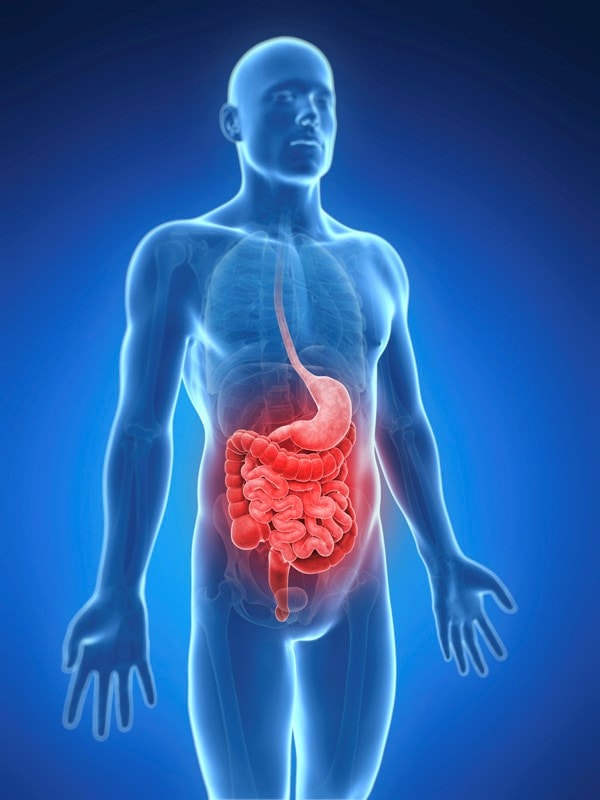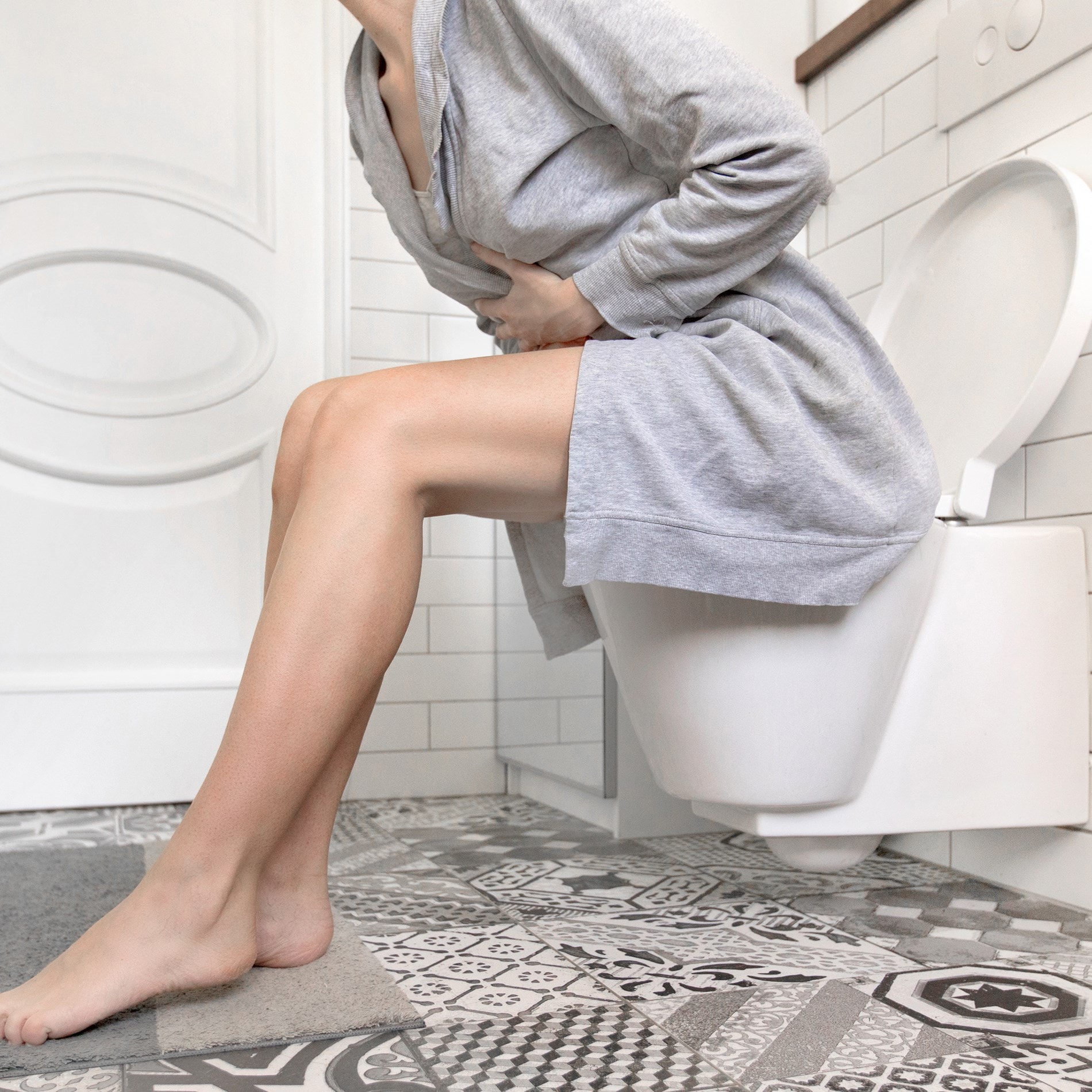Probiotics for Diverticulosis: A Review
Before we look at this question, it is important to explain the difference between 'diverticulosis' and 'diverticulitis', both of which are types of diverticular disease. Understanding the disease will enable you to give much better advice to your patients or clients.
Diverticulosis
Diverticulosis occurs when small pouches (known as 'diverticula') bulge out from weak points in the wall of the large intestines. The causes of diverticulosis are unknown, but theories include not having enough fibre in the diet, lack of physical exercise, and constipation causing increased pressure in the colon. It is thought that diverticula occur in as much as 50% of the population over 60, however presence of these 'pouches' alone does not cause any symptoms or discomfort, and therefore most cases go unnoticed. Life-long vegetarians are thought to be at lower risk of diverticula, due to their relatively high-fibre diets.

Diverticulitis
If the pouches (diverticula) become infected and inflamed then this condition is known as diverticulitis. Symptoms of diverticulitis include abdominal pain, fever, cramping, nausea, vomiting, and diarrhoea. The infection is usually treated with antibiotics and bed rest, however severe cases may require hospital admission or surgery if the diverticula ruptures.
So, are probiotics helpful for diverticulosis?
If this question is posed in practice, it is worth stating that firstly, probiotics are a natural supplement, and not a medicine. They will not cure diverticulosis. Maintaining a healthy balance of good bacteria in the gut may support digestive health and therefore play a part in preventing new diverticula from forming, or indeed could prevent the worsening of existing diverticula.
If a client is constipated a specific probiotic to improve regularity could be helpful in preventing 'straining' when going to the toilet, therefore reducing pressure on the muscular walls of the colon that can cause its weakening. The most clinically researched strain for aiding those with constipation is a strain of the Bifidobacerium genus, called Bifidobacterium lactis BB-12®.
And so do probiotics help diverticulitis?
Whilst diverticulitis usually requires medical attention, the addition of a good probiotic is worth considering to improve the intestinal flora, and to help normalise bowel function and regulate inflammation. The anti-diarrhoeal properties of Saccharomyces boulardii may help with the symptoms of occasional diarrhoea that often accompany the condition.

Maintain a healthy gut environment
In addition to using these more specific supplements as necessary, many sufferers of diverticular disease also choose to take a good quality, well-researched, daily probiotic supplement on an ongoing basis, to help keep their gut bacteria in good order.
Further reading:
Probiotics for Constipation
NB: We do not recommend probiotics be taken by patients with blood in the stool without first consulting their doctor.
Read more about the research behind Bifidobacterium lactis BB-12® and Saccharomyces boulardii on the Probiotics Database.
Popular Articles
View all Digestive Health articles-
Digestive Health17 Mar 2023
-
Digestive Health30 Jan 2023


